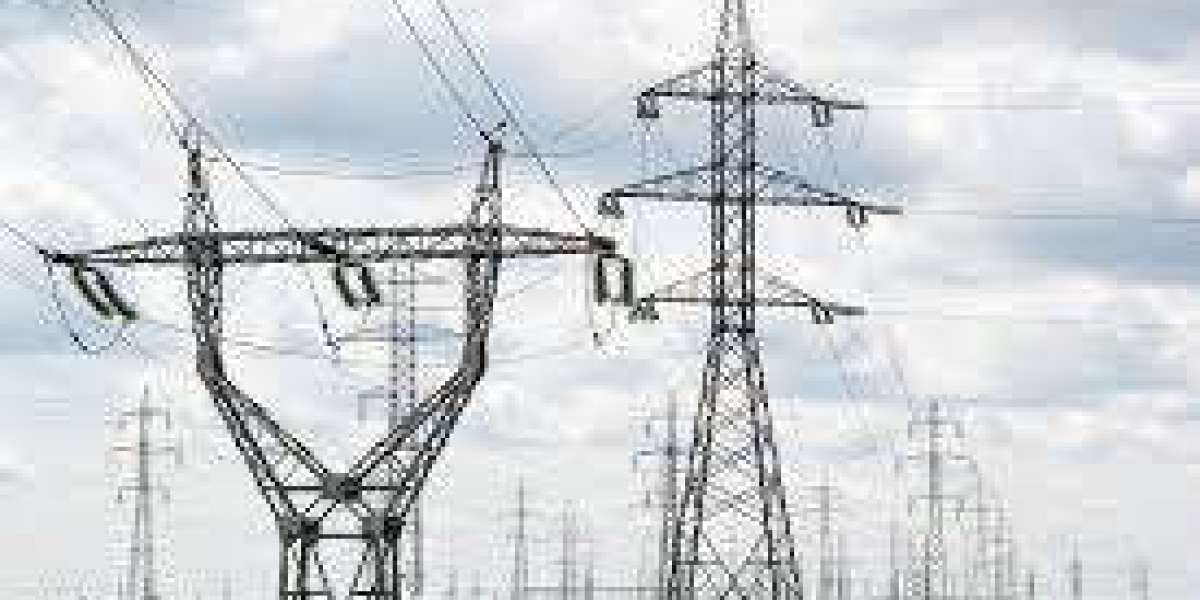The global energy landscape is undergoing a transformative shift as electric companies spearhead the transition from fossil fuels to renewable energy sources. This evolution is driven by a confluence of factors, including environmental concerns, technological advancements, and changing consumer preferences. As the world grapples with the challenges of climate change and energy security, electric utilities are at the forefront, investing heavily in renewable energy projects and infrastructure to meet the growing demand for clean, sustainable power.
The Imperative for Renewable Energy
The urgency to transition to renewable energy is underscored by the escalating impacts of climate change and the finite nature of fossil fuel resources. Renewable energy sources such as solar, wind, hydro, and geothermal offer a sustainable alternative, reducing greenhouse gas emissions and mitigating environmental degradation. Moreover, the declining costs of renewable technologies have made them increasingly competitive with traditional energy sources, prompting electric companies to diversify their energy portfolios.
Electric Companies Embracing Renewable Energy
Electric utilities worldwide are recognizing the strategic importance of renewable energy and are making significant investments to integrate these sources into their operations.
1. Iberdrola's Renewable Expansion
Iberdrola, a leading Spanish electric utility, has been a pioneer in renewable energy adoption. As of 2023, the company boasts a renewable energy capacity of 41,246 MW, reflecting a 6.5% increase from the previous year. Iberdrola's commitment extends beyond Europe, with significant investments in offshore wind projects in the German Baltic Sea and solar energy initiatives in Spain and Portugal. Their strategic partnerships, such as the collaboration with BP to deploy 11,700 fast-charging points for electric vehicles, underscore their holistic approach to decarbonization.
2. ENGIE's Battery Storage Initiatives
ENGIE North America, a Houston-based energy provider, is enhancing grid resilience through the development of 31 battery energy storage system (BESS) projects across Texas and California. These projects, totaling 2.4 GW, aim to store excess energy generated from renewable sources, ensuring a stable and reliable power supply during peak demand periods. This initiative not only supports the integration of renewables but also addresses concerns related to grid stability and energy security.
Global Trends in Renewable Energy Investment
The momentum towards renewable energy is evident in the substantial investments and capacity additions worldwide.
- Record-Breaking Capacity Additions: In 2023, global renewable power capacity increased by an estimated 36%, reaching 473 GW—a new record for the 22nd consecutive year. Solar photovoltaics (PV) led this surge, accounting for three-quarters of the additions.
- China's Dominance: China continues to lead in renewable energy deployment, adding nearly 298 GW of new capacity in 2023 alone. This expansion is part of China's broader strategy to achieve its Net Zero by 2060 target, supported by favorable policies and significant investments.
- Investment Milestones: Global investment in renewable power and fuels reached $623 billion in 2023, reflecting the growing confidence in clean energy technologies and their role in future energy systems.
Challenges and Opportunities
While the transition to renewable energy presents numerous opportunities, electric companies also face several challenges:
- Infrastructure and Grid Integration: Integrating variable renewable energy sources into existing grids requires significant upgrades and the development of smart grid technologies to manage supply and demand effectively.
- Policy and Regulatory Hurdles: Inconsistent policies and regulatory frameworks can impede the deployment of renewable projects. For instance, in the U.S., proposed rollbacks of clean energy incentives threaten to stall investment and project development.
- Economic Pressures: Economic uncertainties and macroeconomic factors can impact investment decisions. For example, SSE, a major UK energy developer, reduced its planned investment in renewable energy projects by £1.5 billion due to policy and planning delays.
Despite these challenges, the renewable energy sector offers substantial opportunities:
- Job Creation: The renewable energy industry is a significant source of employment, with global jobs in the sector reaching 13.7 million in 2022.
- Technological Innovation: Advances in energy storage, grid management, and renewable technologies continue to enhance the efficiency and reliability of clean energy systems.
- Decentralized Energy Systems: The rise of decentralized power generation, such as rooftop solar, empowers consumers and contributes to energy resilience.
The Role of Policy and Collaboration
Effective policy frameworks and collaborative efforts are crucial in facilitating the transition to renewable energy:
- International Agreements: At the 2023 United Nations Climate Change Conference in Dubai, 130 countries pledged to triple renewable energy capacity and double the annual rate of energy efficiency improvements by 2030.
- Public-Private Partnerships: Collaborations between governments, electric utilities, and private investors are instrumental in financing and deploying large-scale renewable projects.
- Incentive Programs: Policies such as the U.S. Inflation Reduction Act provide tax credits and incentives that stimulate investment in renewable energy infrastructure.
Conclusion
Electric companies are central to the global shift towards renewable energy, leveraging their resources, expertise, and infrastructure to drive this transformation. Through strategic investments, technological innovation, and collaborative efforts, these utilities are not only adapting to the changing energy landscape but also shaping a sustainable future. As the world continues to confront environmental challenges and energy demands, the proactive engagement of electric companies in renewable energy initiatives will be pivotal in achieving global sustainability goals.
References
- Global renewable capacity surged by 473 GW during 2023 (+298 GW in China)
- IRENA: Global solar power capacity surpasses hydropower in 2023







